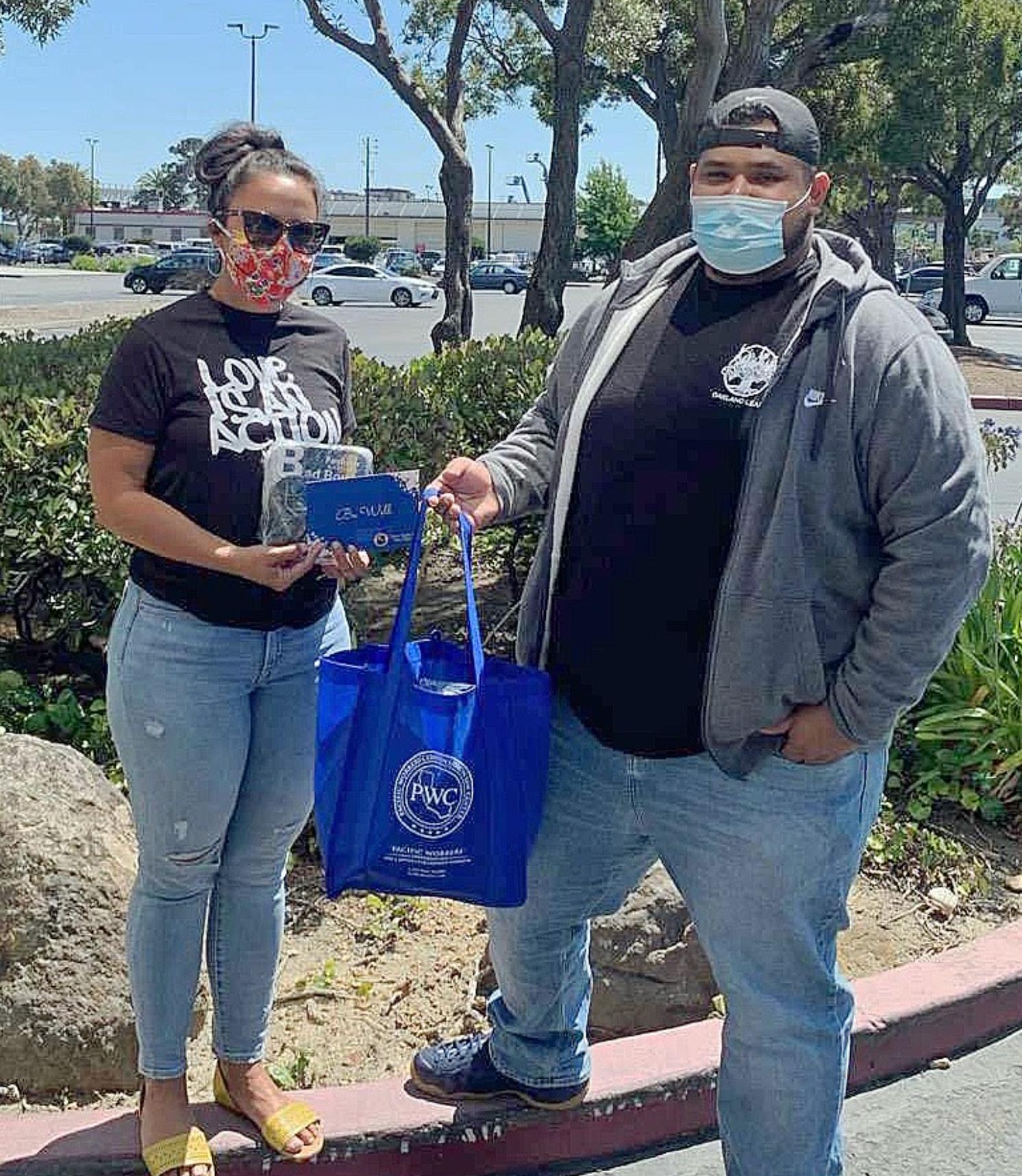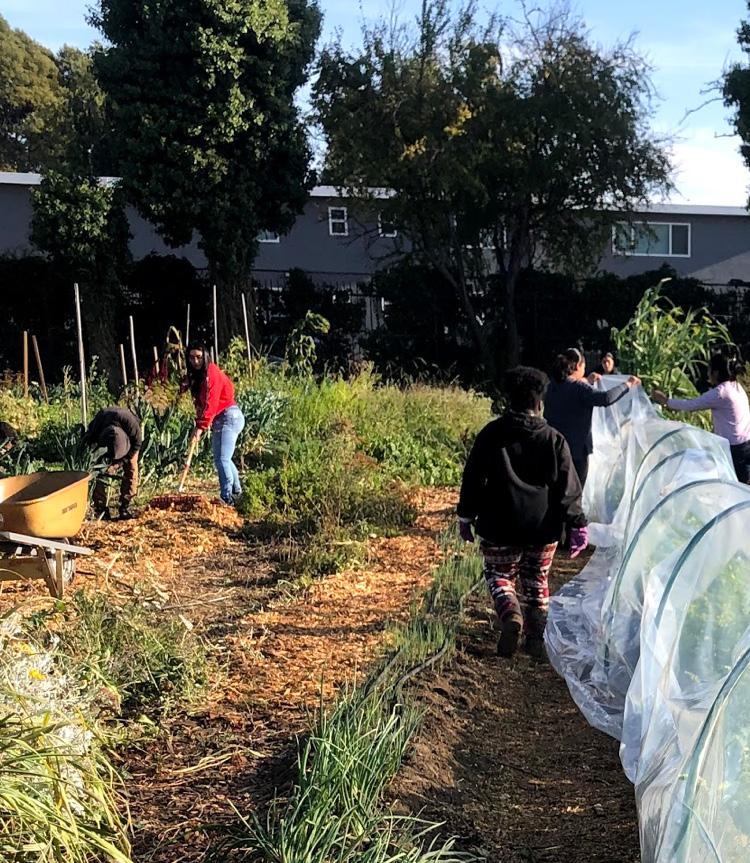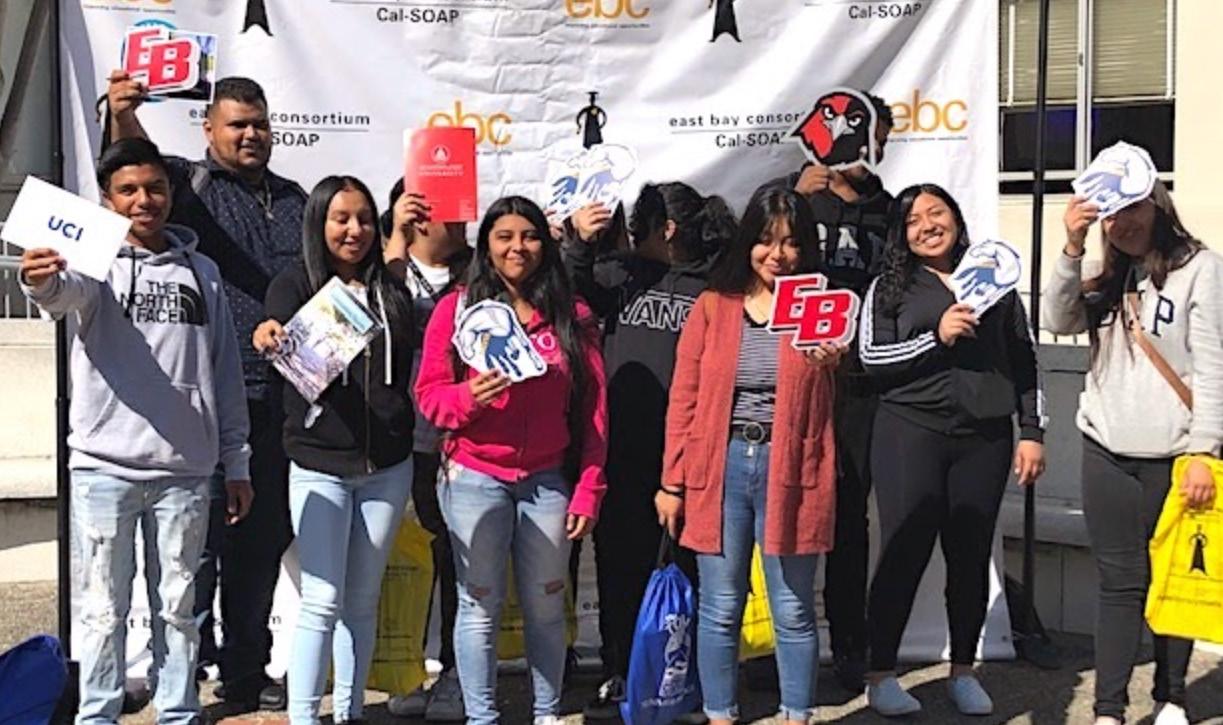
2 minute read
PEACE CAMP
One of the many artworks in downtown Oakland in solidarity with the movement for Black lives. Artwork by the Trust Your Struggle Collective, Cece Carpio, Nisha K. Sethi, Priya Handa and Robert Trujillo.
OAKLAND PEACE CAMP
Advertisement
Oakland Peace Camp (OPC) went digital this year. The camp theme, “healing ourselves, the heart of resistance” was a reflection of Oakland Leaf’s deep belief and investment in young people as community healers, leaders, and changemakers. The curriculum emphasized social justice, cultural identity, creative expression, restorative practices, and resiliency strategies.
OAKLAND PEACE CAMP Youth participants organized community education, service, and online action projects on issues including homelessness, food security, COVID-19 safety, LGBTQ rights, immigrant justice, and domestic violence, among others. In addition to supporting young people to learn about and take action on issues affecting their communities, OPC created a safe and supportive space for youth to collectively process their feelings and experiences and support each other to develop new resiliency practices.
In this time of such challenging social disconnection and personal struggle for young people, the close-knit community and relationships of support we were able to cultivate were especially powerful outcomes of the program.
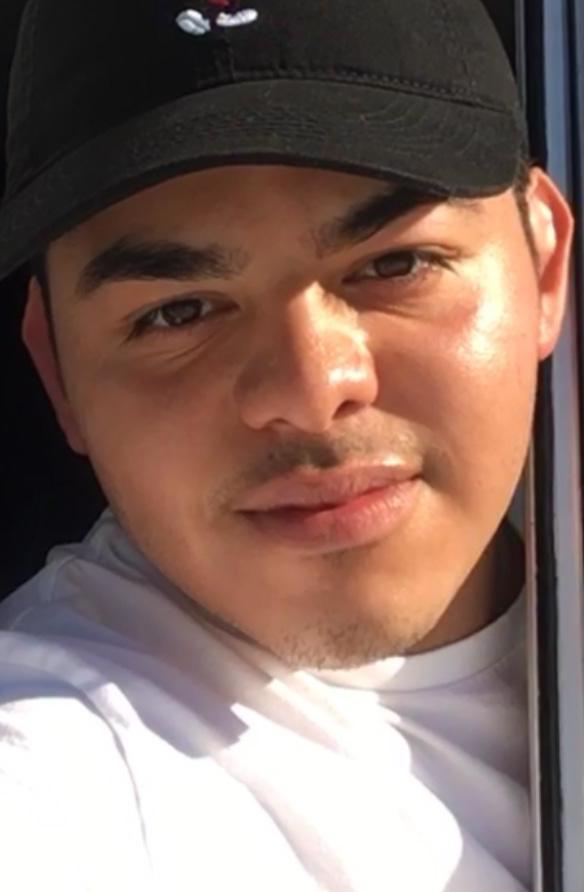
“Oakland Peace Camp has been an amazing opportunity for me - from meeting new people to learning to speak up and have my voice heard on social justice issues. The people I’ve met have been so welcoming to me. I want to keep working with Oakland Leaf in the future because OPC is not just a program - it’s more like a family.”
Alexis, OPC 2020 youth participant
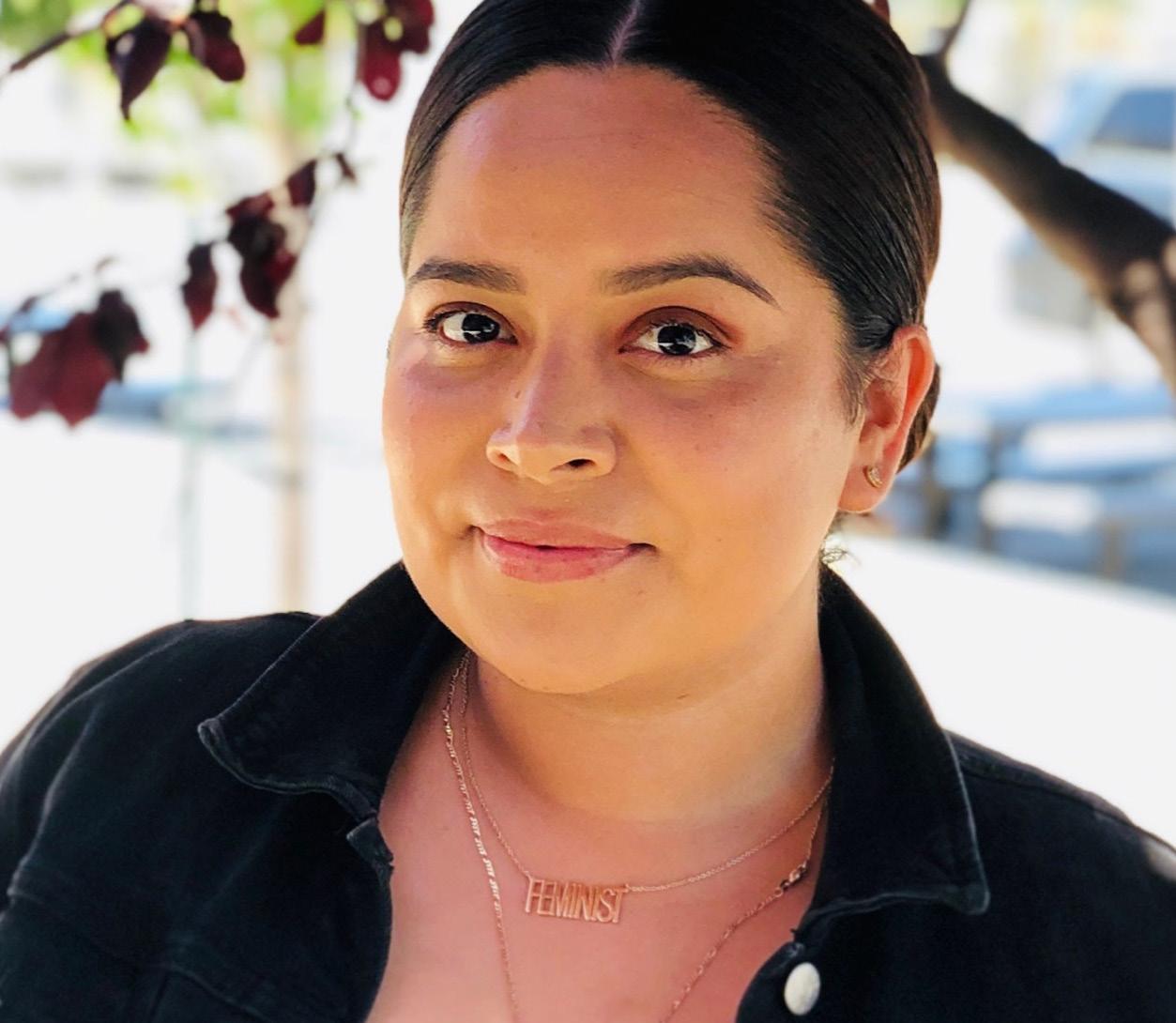
“My first contact with Oakland Peace Camp was as a youth intern when I was fourteen. I’ve participated every year since, as an intern, and then as an instructor, and now as a program manager. For me, the most unique and powerful thing about the camp is how holistic it is. It offers all these alternative ways of viewing and understanding our society and ourselves. It equips young people with concrete tools to challenge harmful dominant narratives and also to take concrete, creative action on the issues that matter the most to them. And at the same time, it provides this really safe, loving, fun, supportive space for youth to process, heal, and build community”.
Isabel “Isa” Gonzalez, After-school Program Manager and OPC Crew Leader ALEXIS

